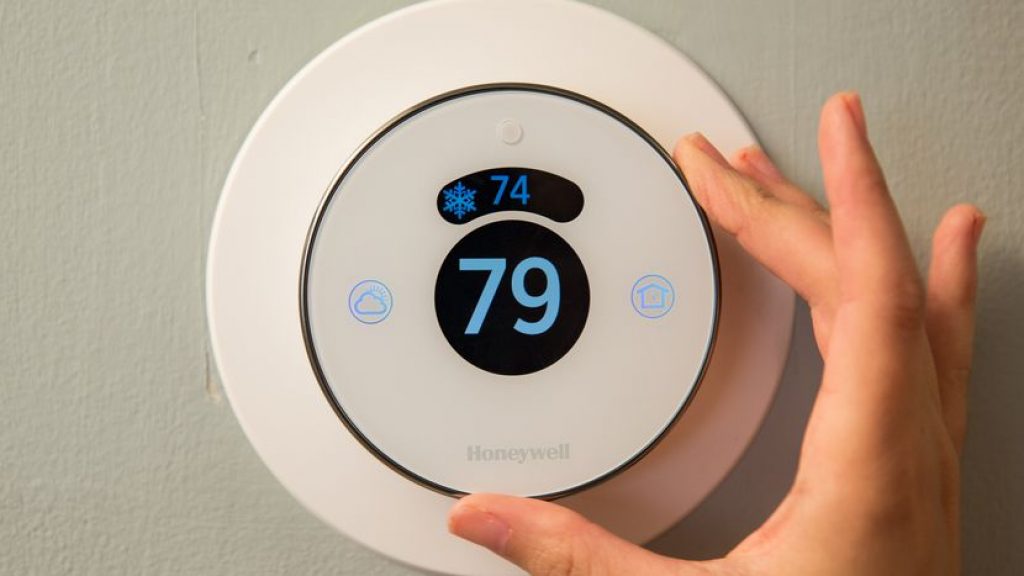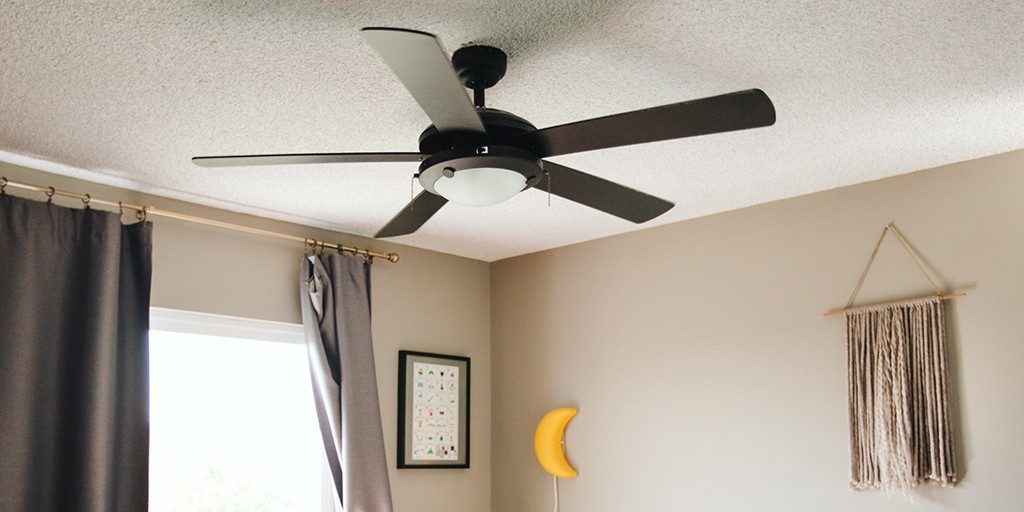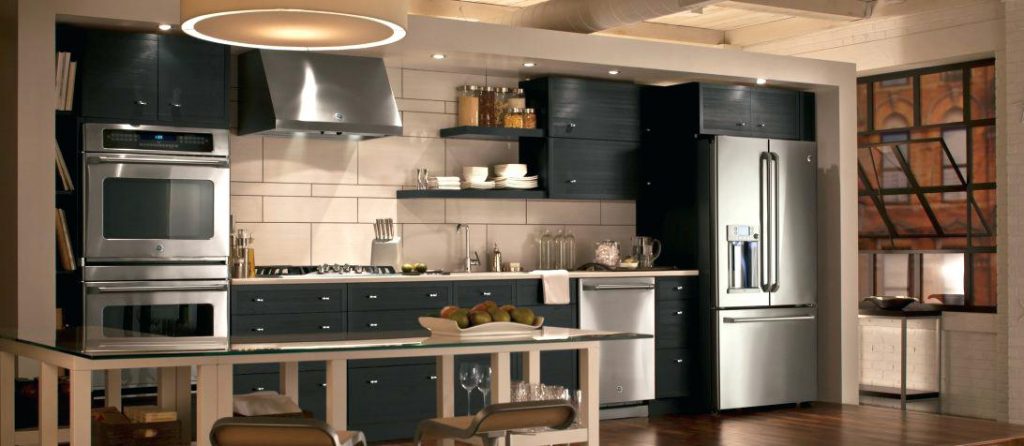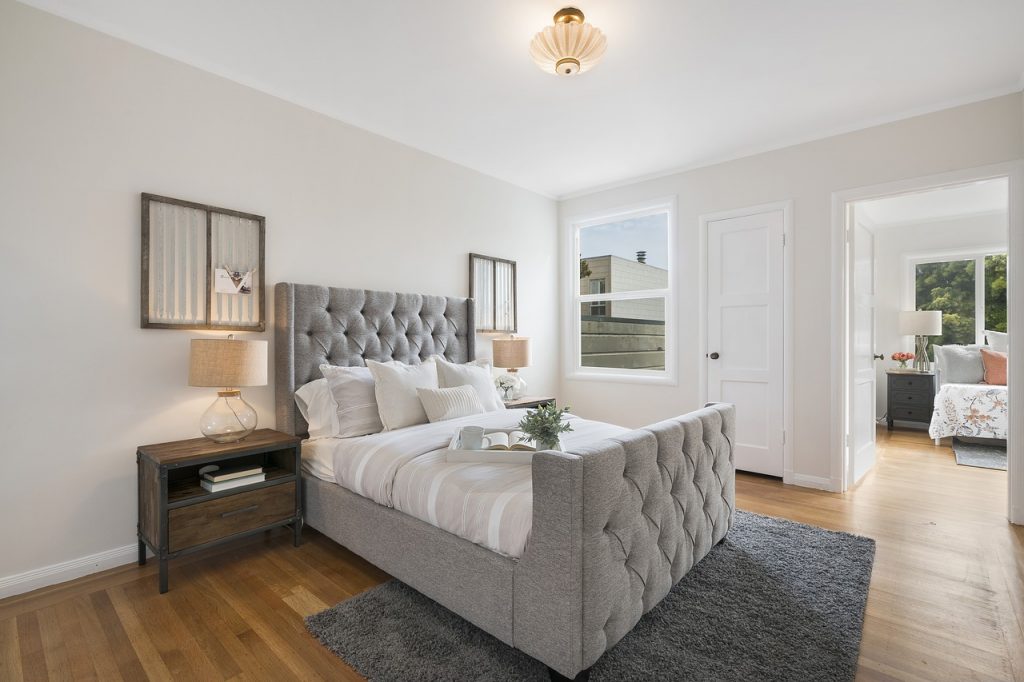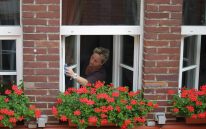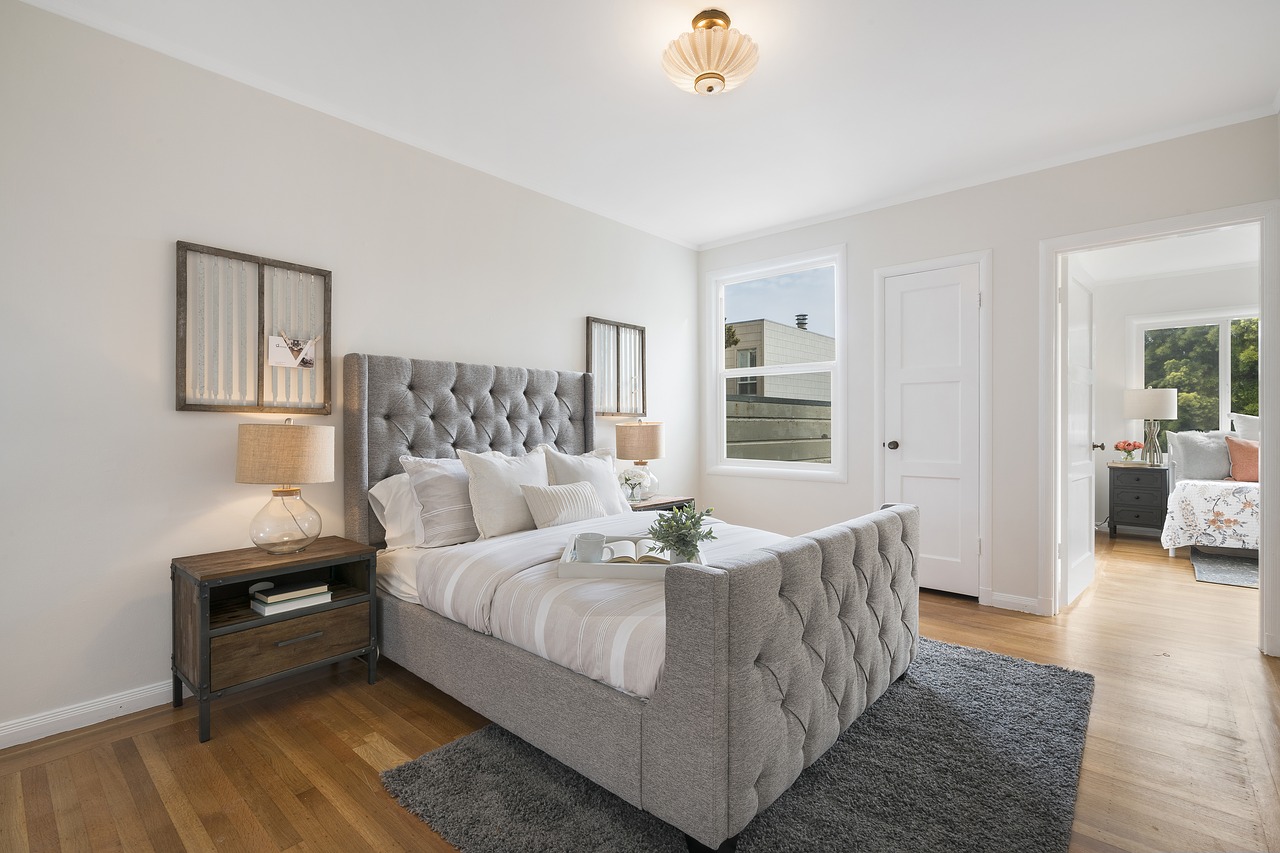
Sometimes when you live in an apartment, you’ll find yourself feeling frustrated because your electricity bill is much higher than you think it should be. You must factor in things like the size of your apartment, how much insulation you have, and the type of furnace and/or AC unit that’s at work. Of course, there are many other factors that impact your utility costs as well.
Drafty areas, chilly windows and inefficient appliances may be issues you cannot control. Nevertheless, there are some things you can do to lower your apartment’s electricity bill. Here are some tips that can make your apartment enjoyable while keeping expenses in check.
Ask Your Electricity Provider About Money-Saving Strategies
Check with your electricity provider to get yourself updated on the best money-saving strategies and equipment available to control your electricity costs. “Smart” and ENERGY STAR appliances and devices use ever-improving technology to respond to electric power needs. Learn about portable air conditioners you can turn on via your phone; that last fifteen minutes in commuter traffic will pass more smoothly if you’ll be coming home to a cooling home. Learn about lighting choices, like compact fluorescent bulbs, which enhance your vision while saving on your budget.
Adjust Your Apartment’s Thermostat
Most of your monthly electric bill is spent on heating and cooling your apartment. The best way to save some money here is by either raising or lowering the temperature on your thermostat by just a few degrees. This is easier when you have a programmable thermostat installed in your home because it can take care of this automatically for you.
If you control your apartment’s thermostat, the U.S. Department of Energy estimates you can see savings on your electricity bill as high as 1 percent per degree of temperature change. A programmable thermostat will yield the most consistent and effective savings, but even a telephone app you have to remember to activate daily can save you substantial amounts. For most efficient results, allow a variant of 10-15 degrees between away/at home temperatures.
Switch to Energy Efficient Light Bulbs
The U.S. Department of Energy says about 5% of your home’s energy consumption is through your light bulbs. By using energy efficient lights (e.g. LED lights) you’ll use a lot less energy than you use with standard light bulbs. As an added benefit, these typically last about 10 years.
Change Your HVAC System’s Air Filter
It’s harder for your HVAC system to work if it has an old, dirty filter in it. Therefore, it’ll cost you more money. When you do change your air filter make sure you do so with a cardboard or fiberglass filter. While there are many different types available, these are the ones that will save you the most money on your apartment’s electricity bill. Additionally, you’ll want to make sure that the filter you buy is the right size.
Bust That Dust!
This nearly invisible contaminant piles up to create barriers that cost money. A thorough vacuuming of your ceiling fan gets it ready to work through the winter as well as the summer. (Reversing blade rotation brings warm air down into a room from ceiling level; running it as usual on a low speed can produce some of the same effect.) Dusting around, under and behind the refrigerator can improve its efficiency and prolong its life. Cleaning the clothes-dryer lint trap after every load will definitely lower electric costs.
Get Your Blocks in Order
Sometimes it turns out that you are contributing more to the problem than to the solution! As you and your guests stretch and relax on lazy summer evenings, the couch gradually inches back, and back, and back—until it’s completely blocking the heat-vent you so badly will need to save on heating costs in your apartment when the cold winter comes. The decorative screen that once set off your dining table is just blocking a view of the alley when it could be blocking drafts or welcoming a cooling breeze. Curtaining the living room doorway last winter made things much cozier. Time to spend a weekend chasing wandering furniture and getting out of your own way!
Shift Your Routine with Each Season
When homes were heated with coal and lit with kerosene, every season meant a new routine. Rugs came up, curtains came down, bed-linens and furniture covers were all changed around. We have far less to do, but resetting our routine still keeps money in our pockets. Do different curtains, shades and shutters need to be opened or closed to capture sunlight’s warmth or keep it out? Do sills need draft-blockers? Do insulated drapes need to go up in the fall and come down in the spring?
Fix Your Water Heater
Most water heaters are designed to always keep your water at the same temperature. This means it’s heating up water when you’re not even home. The best way to save money here is to turn your water heater’s temperature down when you’re not home, then turn it back up when you are home.
Buy a new Shower Head
Stop wasting gallons of water waiting for your water to heat up so you can take a shower. Buy and install a shower-head adapter so you can save money by lowering the water flow.
Turn off Some of Your Appliances
Standby power is one thing that costs people billions of dollars per year. You can easily save money here by turning off your electronics (e.g. computers, TV) when you’re not using them. Today there are devices that automatically turn these devices off when you’re not using them.
Make sure Off is Off. While new technology has increased electrical efficiency for many kinds of equipment, many consumer electronics go into a “sleep” mode that lets them revert quickly to active status when wanted. During that “sleep,” they are still drawing small but steady amounts of billable electricity. Unplugging chargers when not in use or controlling devices with the “Off” of a power strip can lower the electric costs of an apartment that depends heavily on electronics.
Change the Way You Use Your Kitchen
Cooking generates heat, which raises your AC costs. Use your microwave or grill when cooking during the day or wait until it’s cooler outside at night to cook.
Match equipment to the job. For little jobs, like a single cup of coffee or tea, a single-cup maker or electric kettle saves money over using the stove. Big appliances like dishwashers or laundry equipment or run most efficiently when loads are full.
Turn Lights Off When Leaving a Room
When you aren’t in a room, make sure the lights in that room are off. This will greatly reduce your utility bill.
Only Wash Large Loads of Laundry
Detergents will typically dissolve in cold water so you don’t need to waste electricity heating up water here. You should also wait until you have a full load to do laundry.
Layer, layer, layer
As countries continue dealing with harsher climates discovered ages ago, heating or cooling the body takes less energy—and less cost—than heating or cooling the space the body occupies. You don’t have to look like the Michelin Man to stay warm—outdoor athletes count on silk, fine-spun wool and new tech-sourced body-skimming fabrics as well as bulkier thermals. And just taking off your clothes isn’t always the best way to stay cool—people who live and work in harsh hot climates often cover up in fabrics that both block the sun’s heat and create their own breeze as the body moves. Dressing for the weather is a bit more complicated than “put on a sweater, dear,” but making yourself personally comfortable saves money over heating or cooling a whole apartment.
Talk to Your Landlord
Talk to your landlord about upgrading your apartment by wrapping pipes, adding insulation, and lowering your water heater settings. Review the terms of your lease or ask your landlord directly to check the ground rules for what you can do and not do to improve your space.
You may want to walk through your local home-improvement center first, just to review innovative “no touch” equipment and materials that can lessen drafts and stabilize your indoor climate without damaging the landlord’s property. Temporary storm windows, peel-and-press caulk materials, no-nail hooks and brackets, and spring-activated curtain rods are only a few of the products that let tenants improve living conditions without making substantial changes in property. Framing your improvements as an offer rather than a complaint may well appeal to your landlord, no matter what the standard rules may be.
Sign Up For a Free Weekends or Nights Electricity Plan
Ask your electricity provider about how to use time-of-day to your advantage. Many providers offer rates that vary based on whether overall community power usage is heavy or light. Discounts for using power at times when demand is low can range from lower rates for doing laundry after dinner to extremely low-rate or free weekends. If you can be flexible, savings can be substantial!
All these simple things will save you money by reducing your apartment’s electricity bill.

